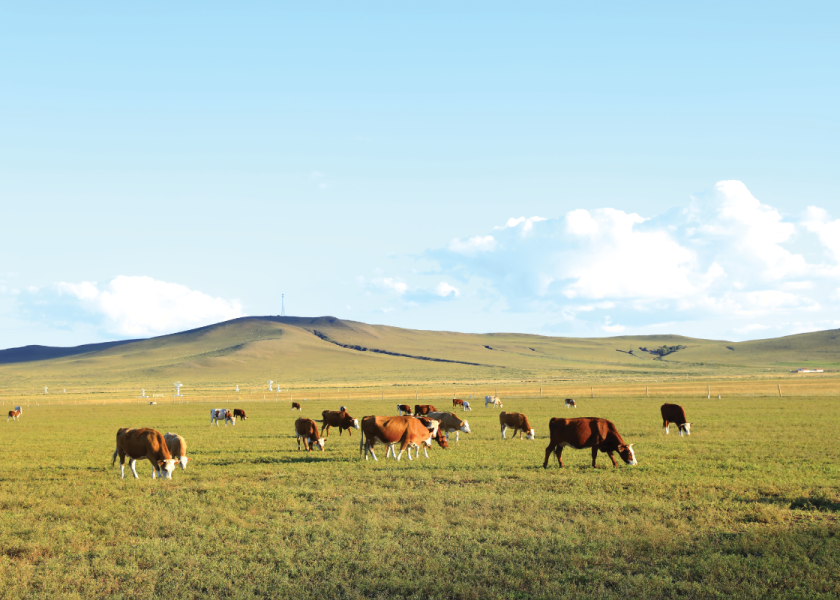Tyson Announces Global Forest Protection Standard

Tyson Foods launches an initiative to reduce deforestation in its global supply chain. An announcement Thursday (Nov. 12) says the company will focus on four commodities – cattle and beef; soy; palm oil and pulp, paper and packaging.
After a deforestation risk assessment performed earlier this year with Proforest, Tyson concluded that nearly 94% of its land footprint is at no to low risk of being associated with deforestation. To proactively address the remaining six percent that was found to be at risk, the Forest Protection Standard was developed to ensure the company is continuing to target the reduction of deforestation risk throughout the global supply chain.
“As one of the world’s largest food companies and a recognized leader in protein, we have an important role in protecting forests and other natural ecosystems,” said Dean Banks, Tyson Foods president and CEO. “We are asserting our ambition to make protein more sustainable and look forward to working with our supply chain partners, customers and other stakeholders to do our part on this important issue.”
In order to support the Forest Protection Standard, Tyson is developing specific Commodity Action Plans to outline the work required in each commodity area to support deforestation free sourcing. Progress towards meeting the goals of the Forest Protection Standard will be outlined in the company’s annual Sustainability Report.
Tyson Foods is a member of the United Nations Global Compact and supports the United Nations Sustainable Development Goals (UNSDG) and its 2030 agenda for sustainable development. Tyson Foods says its Forest Protection Standard aligns with three SDGs including Goal 12 - Responsible Consumption and Production; Goal 13 - Climate Action; and Goal 15 - Life on Land. For more information on sustainability at Tyson Foods, visit www.tysonsustainability.com.







